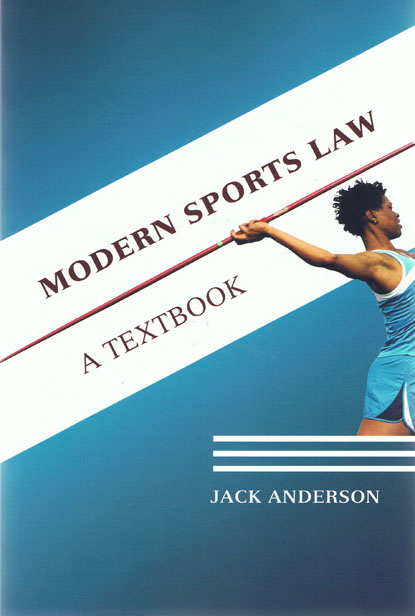
The aim of this book is to provide an account of how the law influences the operation, administration and playing of modern sports.
Although the book focuses on legal doctrine it has been written bearing in mind sport’s historical, cultural, social and economic context, including the drama and colour of sport’s major events and leading personalities. And although it is inevitably very much concerned with elite professional sports it is not dominated by them, and seeks to cover the widest possible range of sports, professional and amateur.
Initially, the book addresses practical issues such as the structures of national and international sport, and examines the evolution of the body of law known as ‘sports law’. Thereafter three main themes are identified: regulatory; participatory; and financial aspects of modern sport. Each theme is discussed in three chapters.
The regulatory theme is dealt with in chapters considering the manner in which decisions of sports governing bodies may be challenged in the ordinary courts; the development of alternative dispute resolution mechanisms in sport; and a case study on the regulation of unsafe (stadium violence) and corrupt (gambling-related) practices in sport.
The participatory theme includes the legal regulation of doping and violence in sport, as well as the broader topic of tortious liability for sporting injuries. The financial theme, reflecting the enhanced commercialisation of sport at all levels, is developed in chapters on applied contract, employment and commercial law. The conclusion summarises modern sport’s experience of EU law, pointing the way to the future direction of sports law more generally.
While the book is aimed primarily at students, and is designed to cover:-